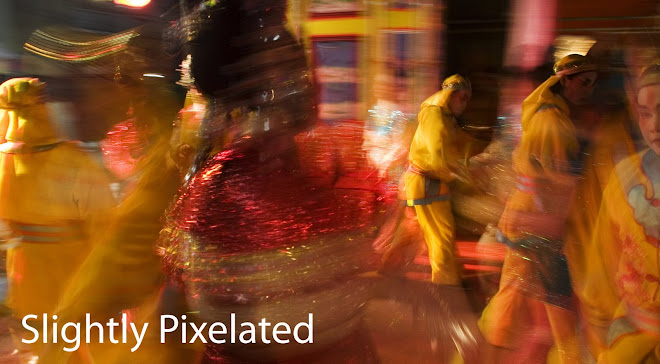Thailand is a land of paradox, where contradictory truths appear to live comfortably side-by-side.
It is a land where 90% of the population is nominally Buddhist, a religion that promotes detachment from worldly desires, yet where materialism runs wild and shopping malls sometimes seem almost as sacred as temples.
It is a land where traditional values discourage public displays of affection and promote demure, often formal, interaction between individuals. Yet is it also the land known internationally for its anything-goes red light districts and raunchy sex industry.
It is a land where, more often than not, you can leave your helmet on your motorcycle or forget your bag in a restaurant and return to find your belongings untouched. Yet it is also renowned as one of world’s most corrupt nations.
It is a land of great wealth, where there has been spectacular economic development; yet where much of the country continues to live in relative poverty.
To the interested observer, these paradoxes, and there are many more, make Thailand fascinating, elusive, mysterious. They also make Thailand hard to explain.
For how do you explain that Thailand’s rural (read poor) Northeasterners have chosen a corrupt and less than democratic tycoon as their champion? How do you explain that in many ways Thailand is a very modern nation, when its democratic institutions seem so weakly rooted?
Beyond the fact that in any situation where humans are the principal actors we cannot expect to find clean and logical explanations, there has been in Thailand, till now, what one might describe as an intuitive understanding of balance.
The genius of Thai culture, I believe, and the key to its stability to date, has been its ability to embrace contradictory truths. This is partly expressed in the Thais’ legendary tolerance. For in order to live with a contradictory truth, like great wealth and great poverty, you have to accept it.
This gift for living with paradox and for acceptance traces its ancestry to Buddhism. For if few Thais delve into the deeper spiritual meanings of Buddhism, Thai culture is nevertheless infused with its tenets.
Thais’ ability to smile in the face of material adversity, to appear cool in the chaotic city and to shun (for the most part) extreme displays of emotion echo Buddhist teachings.
Perhaps this is the meaning of Buddhism’s legendary ‘middle path’: the ability to navigate between contradictions and opposing extremes. Perhaps it is this innate understanding, call it wisdom even, that has hitherto given Thailand the ability to find compromise where other nations might have descended into bitter conflict.
This is not to say that Thai society is perfect by any means. Nor would I want to over romanticize its qualities. There is a dark side to every human and this is reflected in society as a whole.
Thailand’s equilibrium is inherently fragile, relying as it does on mutual acceptance.
In the demonstrations taking place today, in the relentless angry cries of the ‘reds’, indeed on both sides of the political divide, we are seeing less and less tolerance, less willingness to accept the contradictions that have long been a part of Thailand’s identity and even its culture. What might once have been considered karmic destiny is increasingly being called ‘injustice’.
In its simplest form, the Western logic of democracy argues that all are equal, that the majority wins. But, like Thai culture, democracy contains its own contradictions. For how can the majority really rule when we vote once and subjugate ourselves to a leader for years to follow? Most importantly, how can a democracy, designed to favour the majority, still protect the interests of the minority.
In the oldest most successful democratic nations these contradictions are tempered by independent institutions who watch over the system as a whole; ensuring that it finds a path between the paradoxes: the middle path if you like. Imperfect but balanced.
If Thailand’s social balance tips, if the Thais are no longer willing to accept the contradictions of a democracy where the wealthy few rule the less fortunate majority, then Thailand will enter a new paradigm.
Now more than ever Thailand needs the structural restraints of an established democracy - an independent judiciary, electoral watchdogs, a non-partisan press - to ensure that while the majority may rule, the minority can know that it is protected. There are few signs, however, that such restraints are in place, leaving Thailand unbalanced and adrift in uncharted and potentially perilous waters.

No comments:
Post a Comment